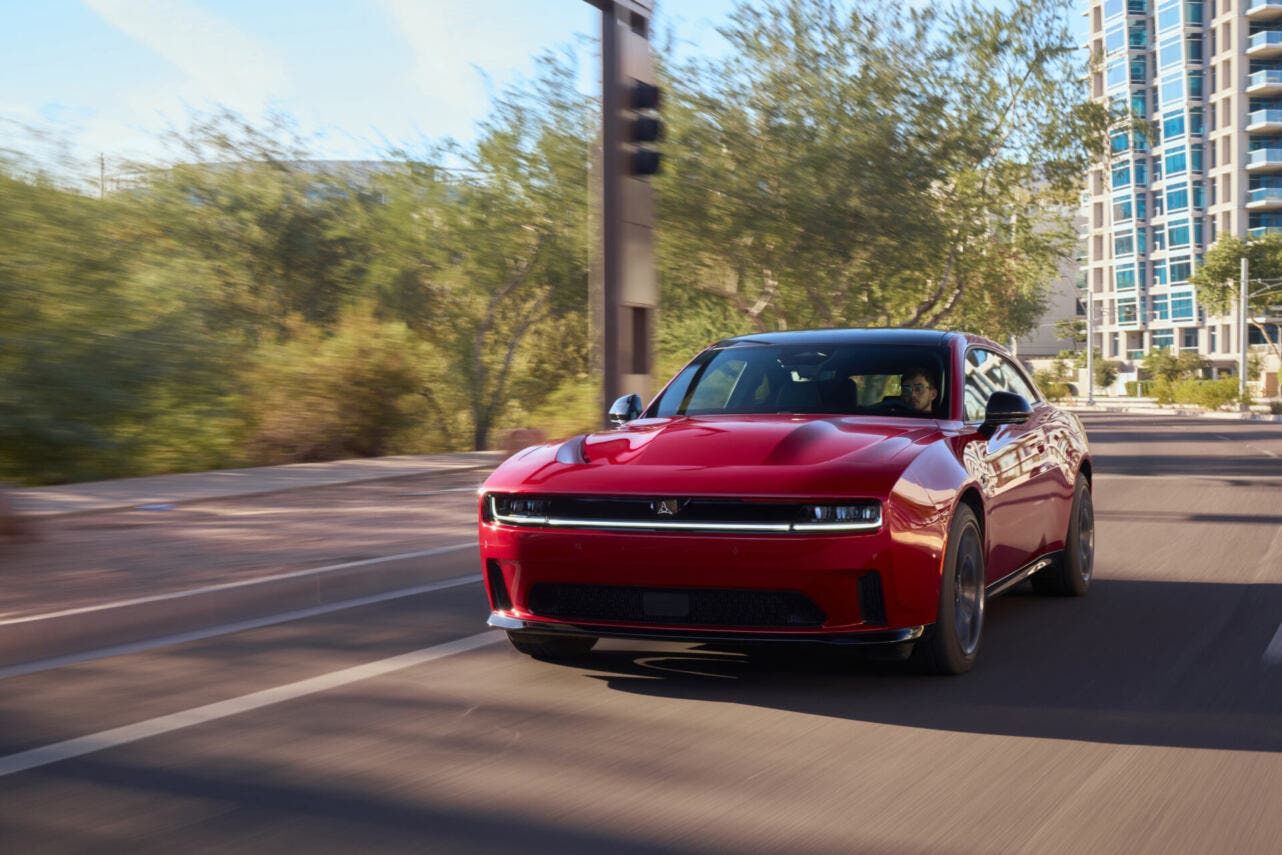The change of pace would be sharp, but also similar to that already practiced by other competitors. Stellantis is also reportedly considering postponing its plans for a complete transition to electric for its brands. This would therefore be a significant shift, although there is still nothing official about a decision that nonetheless seems plausible and not so far from reality.
Although there is no official confirmation of such a far-reaching decision that would involve Stellantis and its brands, French publication Les Echos has defined these rumors, which could be confirmed in the coming weeks with the appointment of the automotive group’s new CEO.
Is Stellantis setting aside the Dare Forward plan?

As reported by Les Echos, Stellantis would like to postpone “one of its main strategic objectives” since the new generations of models expected in the coming months and years already include variants powered by hybrid powertrains. According to what is still being read in the French publication, “the goal of 100% electric by 2030 is no longer relevant,” a source familiar with the proceedings related to this decision allegedly said.
This would therefore eliminate the requirement to produce and sell only electric vehicles in Europe starting in 2030, and 50% in the United States, as had been announced with the release of the Dare Forward strategic plan, one of the pillars of the group’s management entrusted to now-former CEO Carlos Tavares.

If this rumor were confirmed, it would mark another change of pace by Stellantis regarding decisions previously made by Carlos Tavares. This is also in light of a changed geopolitical context that seems to view electric with a different perspective.
On electric vehicles, the willingness to change perspective could be necessary, therefore also looking at hybrid to better address the direction of a European market still not perfectly aligned with the characteristics expected from electric. Recently, Stellantis chairman John Elkann has also criticized the complete transition to electric-only and EU policies on the matter.
